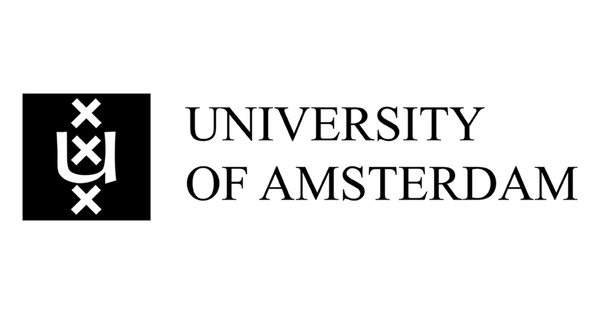To complete your Master’s, you will choose a specific track, according to your future ambitions: Analytical Sciences, Science for Energy and Sustainability, Molecular Sciences, or Chemistry of Life. Each track includes compulsory courses and optional courses.
1. Analytical Sciences focuses on finding and determining presence and compositions of chemical compounds in substrates. For example, for drug tests in hospital labs, blood-alcohol tests or blood-glucose sensors. But your skills are also in demand for industry work, making safer and more durable car paints, advancements in the petrochemical industry, etc.
2. Science for Energy and Sustainability focuses on creating a more resilient and sustainable world through chemistry. You will explore ways to capture phosphorus in the ground or CO2 in the air. This requires a look at climate, but also at how to create durable, biodegradable plastics that require much less energy to produce.
3. Molecular Sciences is the fundamental chemistry track, and is very broad. Here, you will immerse yourself in the topics that interest you, like synthesis and catalysis, or in theoretical chemistry, computational chemistry, new material creation, photonics and more.
4. Chemistry of Life is the track that focuses on the chemistry of living systems. In this track, you will learn about the roles of enzymes in chemistry, how simulations of proteins and other biological systems can help you to understand biomolecular processes, and how chemical tools can enhance biological studies.
If you’re interested in the theory and research, but also want to apply it in other areas, the Chemistry Master’s programme offers three specialisations ('major') in the second year: Teaching, Science in Society and Science Communication. Declaring a major is optional, not obligatory.
If you complete your Teaching major, you will be well prepared for a role as a top-notch high school chemistry teacher. The Science in Society major provides you with experience translating chemical knowledge into governmental and regional policies. So you’ll be prepared for careers in policy-making, politics or as a patent attorney. The Science Communication major will give you the skills to communicate chemical knowledge to larger audiences. Many students who finish this major work as journalists, reviewers, spokespeople or consultants.
Regardless of your choice, you will graduate with a Master Chemistry degree, which ensures a high level of chemistry knowledge and skills. These will be useful for either a career in science or elsewhere.
The start dates of this programme are September 1st and February 1st.

